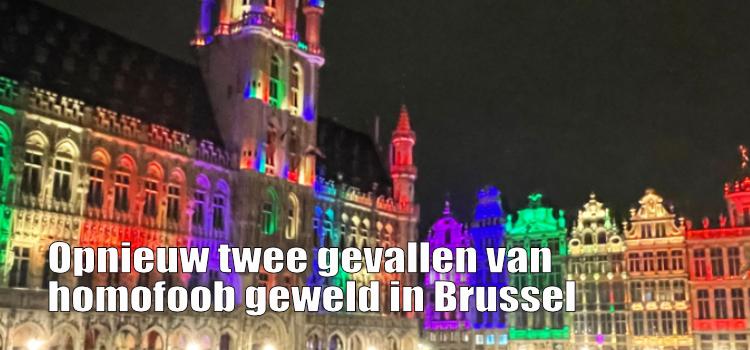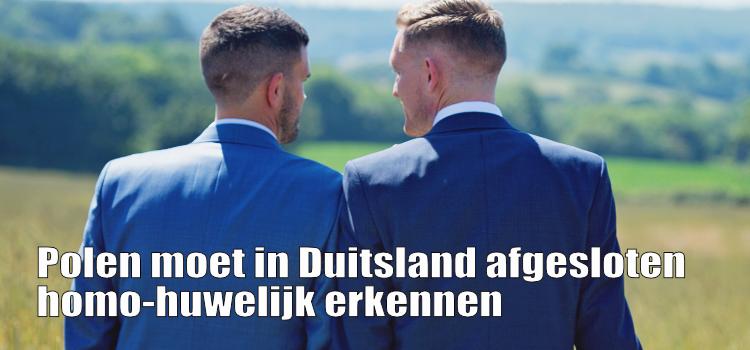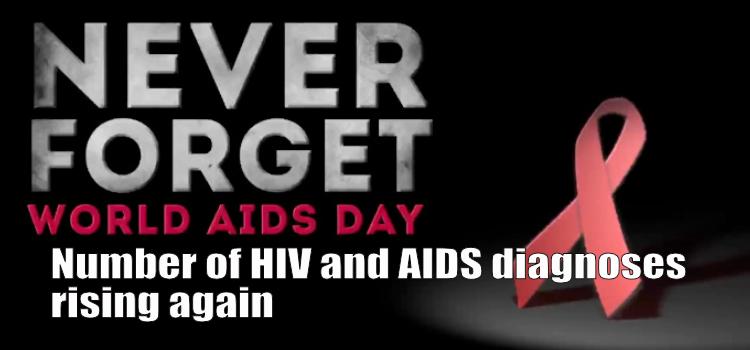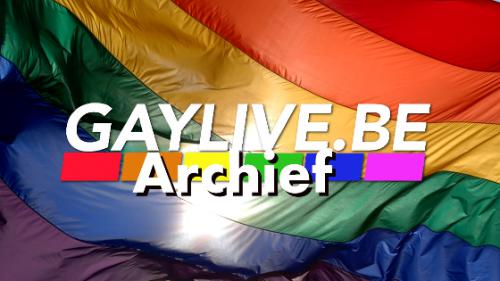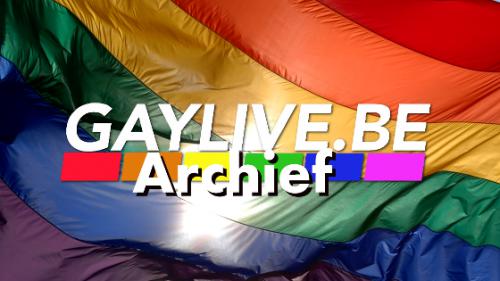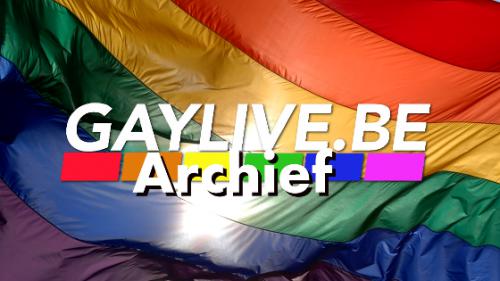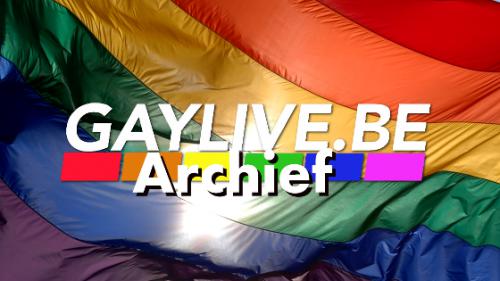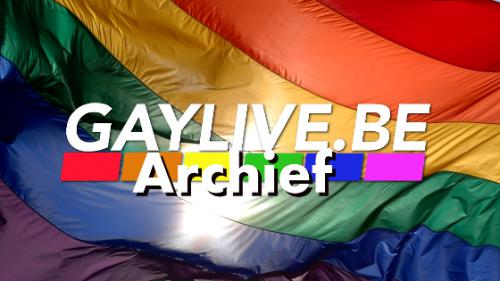Belgium Climbs to Second Place on ILGA-Europe’s Rainbow Map
Belgium now ranks second in ILGA-Europe’s annual Rainbow Map, scoring 85%. The country surpasses Iceland (84%) and trails only Malta, which maintains the top position with 89%. Denmark (80%) and Spain (78%) complete the top five. The United Kingdom, Georgia, and Hungary have each dropped six to seven places in the rankings.
The Rainbow Map assesses the legal and policy landscape for LGBTI people across 49 European countries, using 75 criteria divided into seven categories: equality and non-discrimination, family, hate crime and hate speech, legal gender recognition, intersex bodily integrity, civil society space, and asylum.
Belgium's advancement is largely attributed to the adoption of laws that strengthen penalties for hate crimes, particularly those targeting trans individuals. This places Belgium among a group of countries—including Bosnia and Herzegovina, Ireland, the Netherlands, Scotland, and Sweden—that have similarly enhanced their legislation in this area.
Among its neighbors, Belgium outperforms Germany (69%), Luxembourg (68%), the Netherlands (64%), and France (61%). However, ILGA-Europe warns of the rise of far-right movements threatening LGBTQ+ rights, even in traditionally progressive countries like Germany, Austria, and the Netherlands.
Katrin Hugendubel, Advocacy Director at ILGA-Europe, notes:“The big headlines about the UK and Hungary draw attention, but democracy is being eroded quietly across Europe, like a thousand paper cuts. Centre and far-right actors in the EU are targeting NGO funding to weaken organisations that defend rights, while at the national level we are seeing laws introduced that do not address any genuine societal need but are designed purely to marginalise. Hungary’s constitutional amendment stating that ‘the mother is a woman and the father is a man’ and that ‘gender is defined by birth’ is a clear example.”
Germany has also moved up three places, thanks to the Self-Determination Act that came into effect in November 2024. This law allows trans people to change their legal documents without invasive requirements, such as a mental health diagnosis. With a score of 69%, Germany now shares the eighth position with Greece and Norway, marking its highest-ever ranking in the index.
Lees meer






